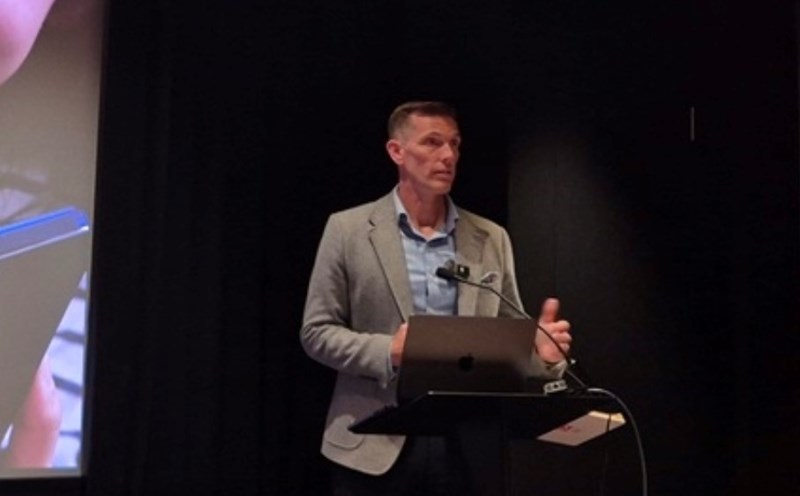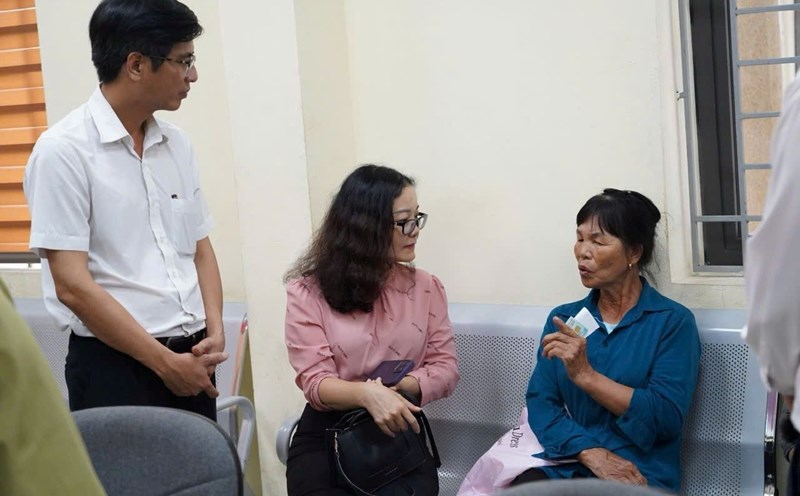Artificial intelligence (AI) is increasingly penetrating into life, from work, study to entertainment. However, along with convenience, a new emerging risk is that people can confuse chatbots with real companions, leading to a phenomenon called AI psychiatric disorder.
Mr. Mustafa Suleyman, co-founder of DeepMind, currently serving as Microsoft's AI division leader, recently issued a warning on the X platform.
Mr. Suleyman emphasized that there is no evidence that AI is conscious, but more and more people are falling into the illusion of considering chatbots as substances with awareness.
This misperception alone is enough to put users at risk for psychological risk, Suleyman warned.
American media once reported that a man in Scotland named Hugh said he had gone to ChatGPT for career advice.
Not only confirming emotions, chatbot also encourages unrealistic beliefs, causing Hugh to fall into a state of confusion to the point of having to seek professional help.
He admitted: AI can be useful, but when we start to rely solely on it, the line with reality becomes blurred.
Psychologists say that this risk does not only appear in vulnerable groups, but can have a widespread impact as AI chatbots become increasingly convincing.
Users can form strong emotional attachments, strengthen unrealistic beliefs, or mistakenly believe that they have a real companion. This, in the long term, could become a challenge to public health.
Some opinions in the medical community also predict that in the future, psychologists may need to ask patients about the frequency of AI use to assess mental health.
Many surveys also show that the public is concerned about AI becoming more and more similar to humans, although many people still feel comfortable with the natural voice of chatbots.
Experts recommend that, to maintain psychological balance, users should regularly self-examine, maintain real-life relationships and maintain a healthy skeptical attitude towards the ability of AI.
Technology can be a useful tool, but real emotional support still needs family, friends and the community.











